What is the FCDO?
The FCDO stands for the Foreign Commonwealth and Development Office and is a section of the UK government which offers travel advice and guidance for British Citizens travelling abroad.
What travel advice does the FCDO provide?
On the FCDO website they have a page titled ‘Foreign Travel Advice’. This gives advice and guidance on travelling to all countries and territories around the world. The countries are organised alphabetically in an easy to navigate format and for each country there is an overview, along with specific information on safety, entry requirements and local customs.
Each country guide contains some or all of the following sections.
- Summary OR Warnings – An overview of the general safety of the country and any current issues or areas of the country which should be avoided.
- Coronavirus – Lists all coronavirus restrictions in the country including any need for testing, vaccinations or mask wearing.
- Safety and security – Covers any safety concerns such as political demonstrations, crime, adventure activities, natural disasters and road travel. May also give information on solo travelling or travelling if you are female or part of the LGBTQ+ community.
- Terrorism – Gives advice on the likelihood of terrorist activities in the country
- Local laws and customs OR religion – Describes any religious or cultural customs to be aware of, as well as any laws which may differ significantly from the UK.
- Entry requirements – States passport and visa requirements for both adults and children and for those transiting or arriving by land or sea. Also contains any relevant Covid entry restrictions.
- Health – Explains about the medical set up in the country, any health risks you could face and has a guide on what vaccinations are advisable to travel there (usually this is via a link to an external website such as NHS Fit for Travel or Travel Health Pro).
- Natural disasters – Highlights any current or common natural disasters which may occur in the area
- Money – Gives advice on the currency and also the cash, ATM and money exchange situation. Sometimes includes advice on how to avoid getting ripped off when exchanging money.
- Travel advice help and support – Has emergency contact details for the British embassy and consulate and local emergency services should you need assistance while abroad. There are also links to other organisations which can assist with resolving any holiday issues and who can inform you about your rights as a consumer.
- Get email alerts – Allows you to receive email updates about any changes in the country you are travelling to.
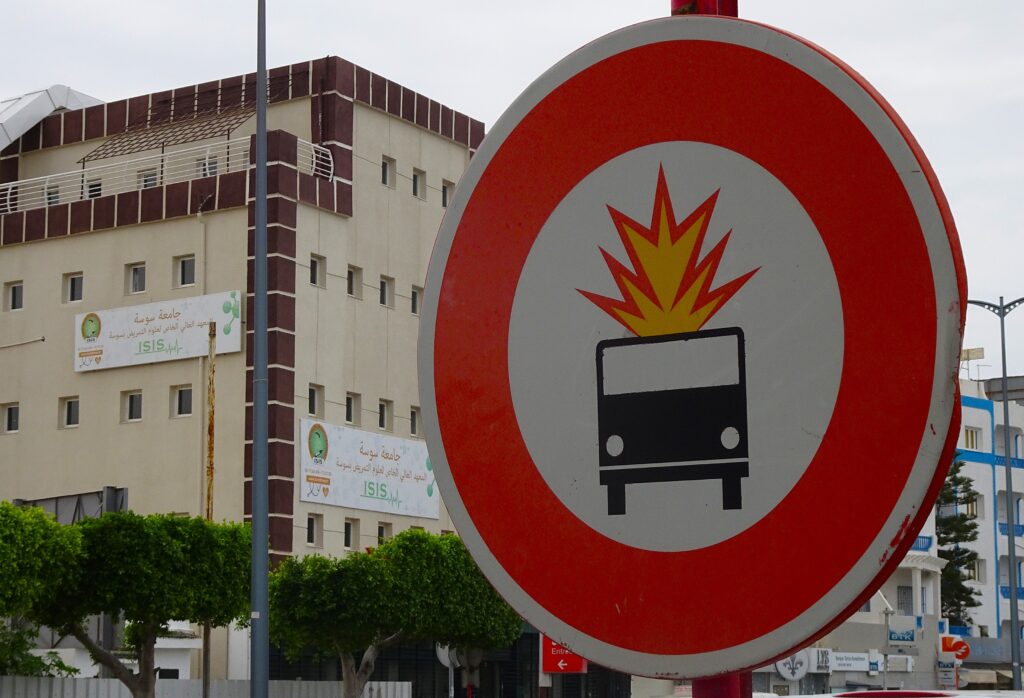
Why is the FCDO important?
As well as being a useful guide for anyone visiting a country for the first time, there are several other major reasons why it is important to check the FCDO website prior to travelling abroad.
1. To avoid voiding your travel insurance
One of the key pieces of information the website provides is whether it is safe to travel to a country or not. There are 3 different safety levels which can be found on the front page of each countries guide. This is often accompanied by a colour coded map.
- Advise against all travel (red zone) – No one for any reason should be travelling to that particular region or country. The reason for these no-go areas is often due to severe conflict occurring in the region.
- Advise against all but essential travel (orange zone) – This means that it isn’t safe to go there and tourists should avoid that area or country, unless you have a very important reason for visiting e.g. volunteering after a natural disaster has occurred. The reason for restrictions on these areas might be due to recent attacks on tourists, terrorism or natural disasters occurring in the area.
- See our travel advice before travelling (green zone) – In the green zones you are allowed to travel, but it recommends that you double check the FCDO travel advice relating to that country. This could be additional advice on things such as travelling alone, travelling as a woman or travelling if you are LGBTQ+. It may also offer advice on local customs or events occurring which you should be aware of prior to travel to ensure that you are not breaking any laws or causing offence.
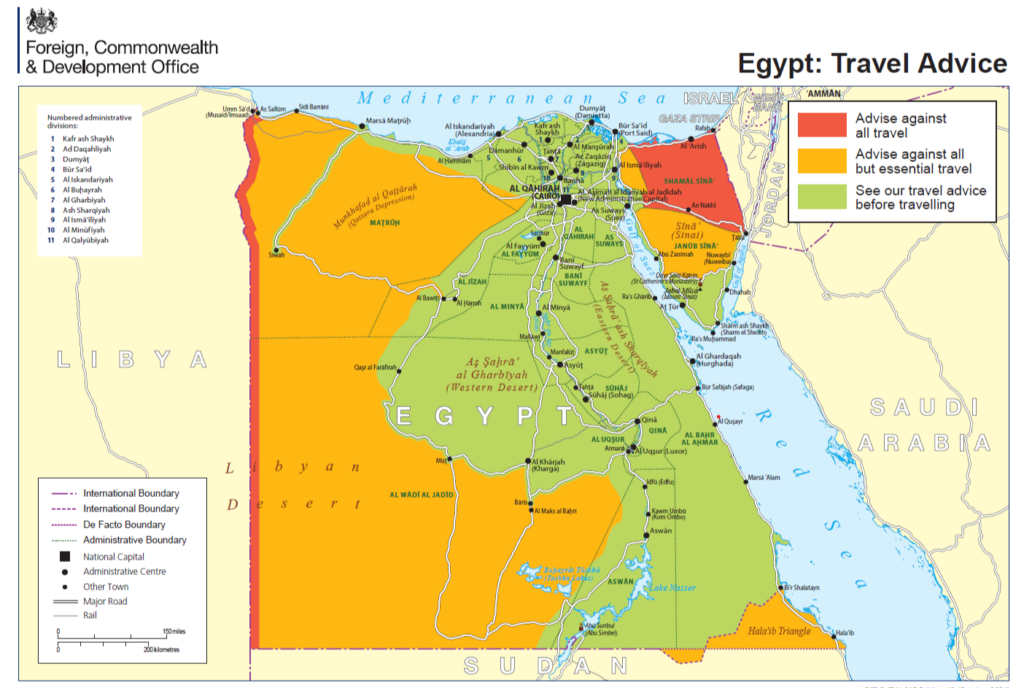
Travel restrictions can be in place for a short time, such as in the case of a one-off political protest, or they can be long-term and countrywide, for example, if there is a war taking place. When checking the FCDO for this information, if on the front page (usually titled ‘summary’ or ‘warnings and insurance’) it doesn’t specifically state there are travel restrictions in place, then it means that the country is ‘safe’ to travel to.
The reason this information is important, is not just for your own personal safety but it can also void your insurance policy if you travel against the advice of the FCDO. If you have to travel to a red or orange zone, then you need to discuss this with your insurance company prior to booking, to ensure that you will be covered for the whole trip. These restrictions can change regularly so it is important to check the FCDO website prior to booking, as well as prior to departing.
Learn about other things which can void your travel insurance HERE
“Your travel insurance could be invalidated if you travel against advice from the FCDO”
foreign commonwealth and development office
2. Passport and visa requirements
During my brief period working as a travel agent, I saw several cases of people getting to the airport only to be refused entry onto the plane because their passport or visa was invalid.
The FCDO can give you advice on passport and visa requirements for each country. Some countries don’t accept passports that are over 10 years old and others need you to have between 3 and 6 months left on your passport when you leave the country. You will need to check prior to booking your holiday that your passport will be valid to enter the country you are travelling to.
The same goes for visas. Some countries will only allow you to enter if you have obtained a visa prior to arrival. So don’t just turn up somewhere expecting to be let in without the correct paperwork. Make sure to check the FCDO website to know whether you need a visa and if so, how do you obtain one.
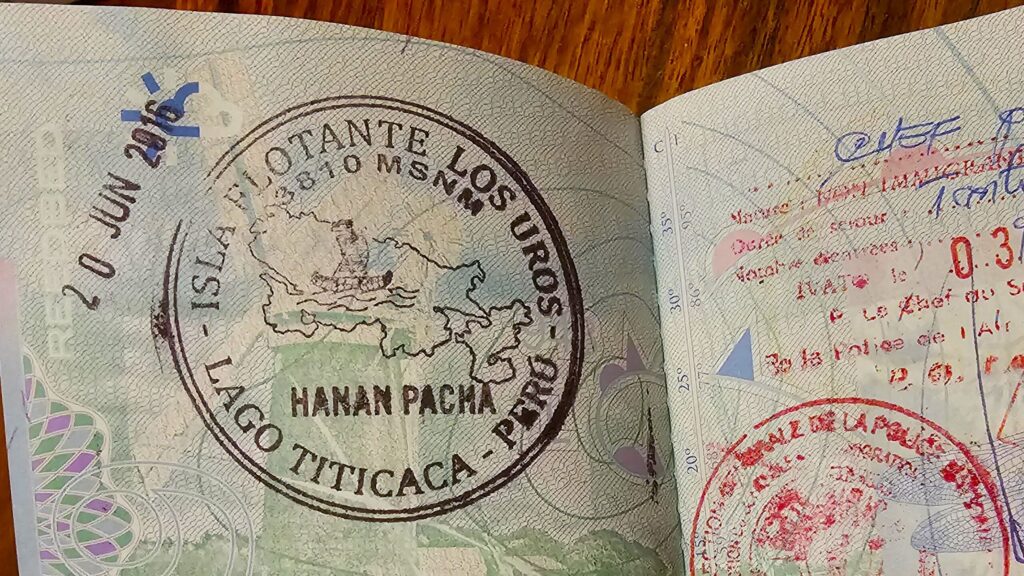
3. To protect your health and safety
When travelling abroad you may encounter different things that you would not experience in your home country. This could be different weather, food, wildlife, or diseases, and knowing how to prepare for them and how to prevent harm to yourself is essential. Luckily, the guidance offered by the FCDO is very thorough and informs you of different things that may threaten your health and safety while travelling, as well as ways to prevent harm. It is important to check the FCDO website prior to travel to ensure that you are aware of everything you may need to do to keep yourself safe, such as getting vaccinations, packing certain clothing, or avoiding dangerous areas.
Although the FCDO is a wonderful tool for backpackers to use and is definitely important to check prior to going abroad, you should also ensure that you do your own research into any countries you may visit. This might include seeing your doctor about suggested vaccinations or checking on the country’s own tourism pages for advice.
(*Disclaimer: I have never worked for, or received training from the FCDO. All information is based off my own personal experiences as a traveller and my own opinions about why I think the FCDO is an essential resource for backpackers.)

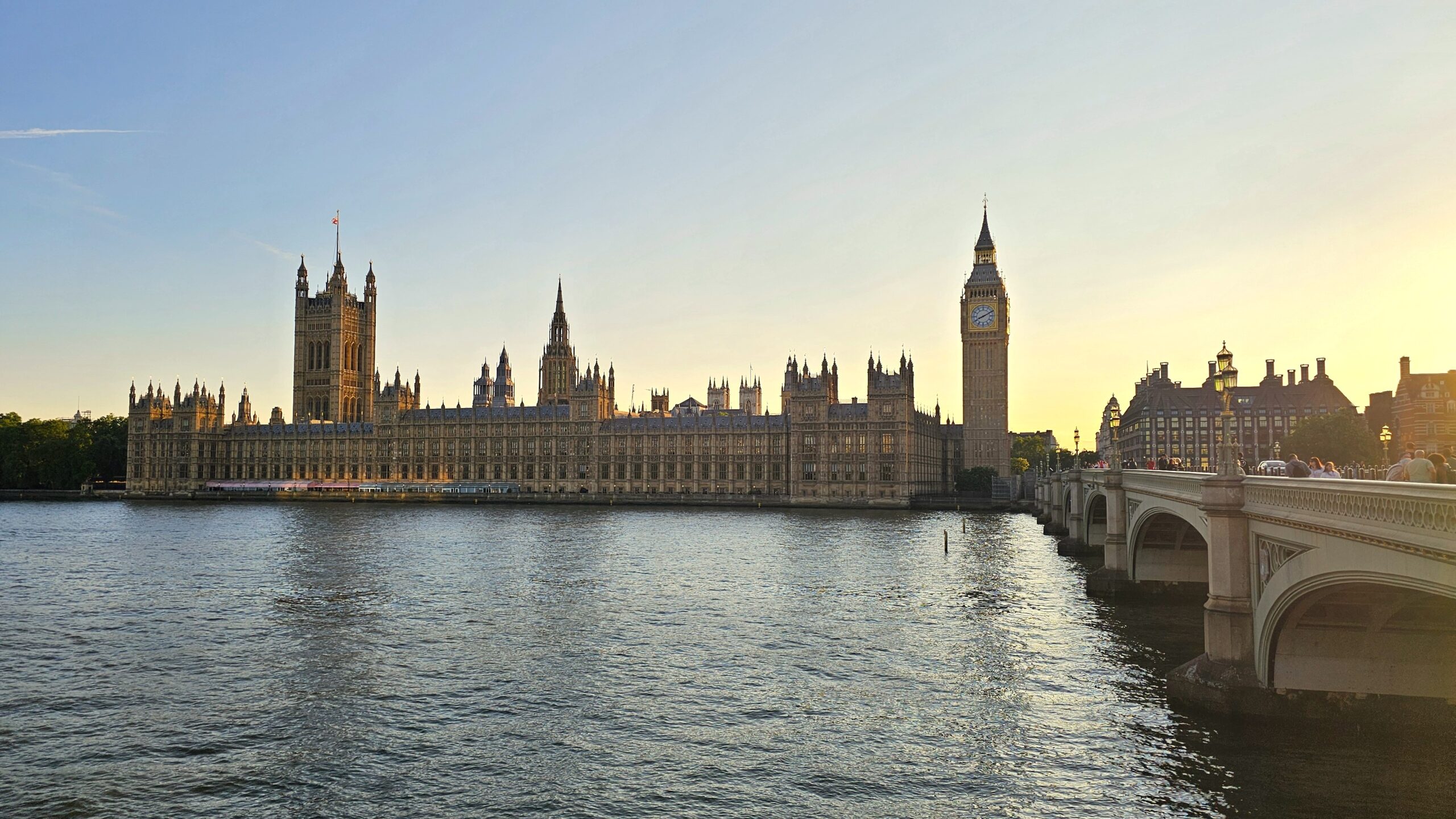
2 comments
I wasn’t aware of the FCDO, thanks for the info, really helpful post! Happy travels
It’s such a useful tool, I use it now before I book any trip.